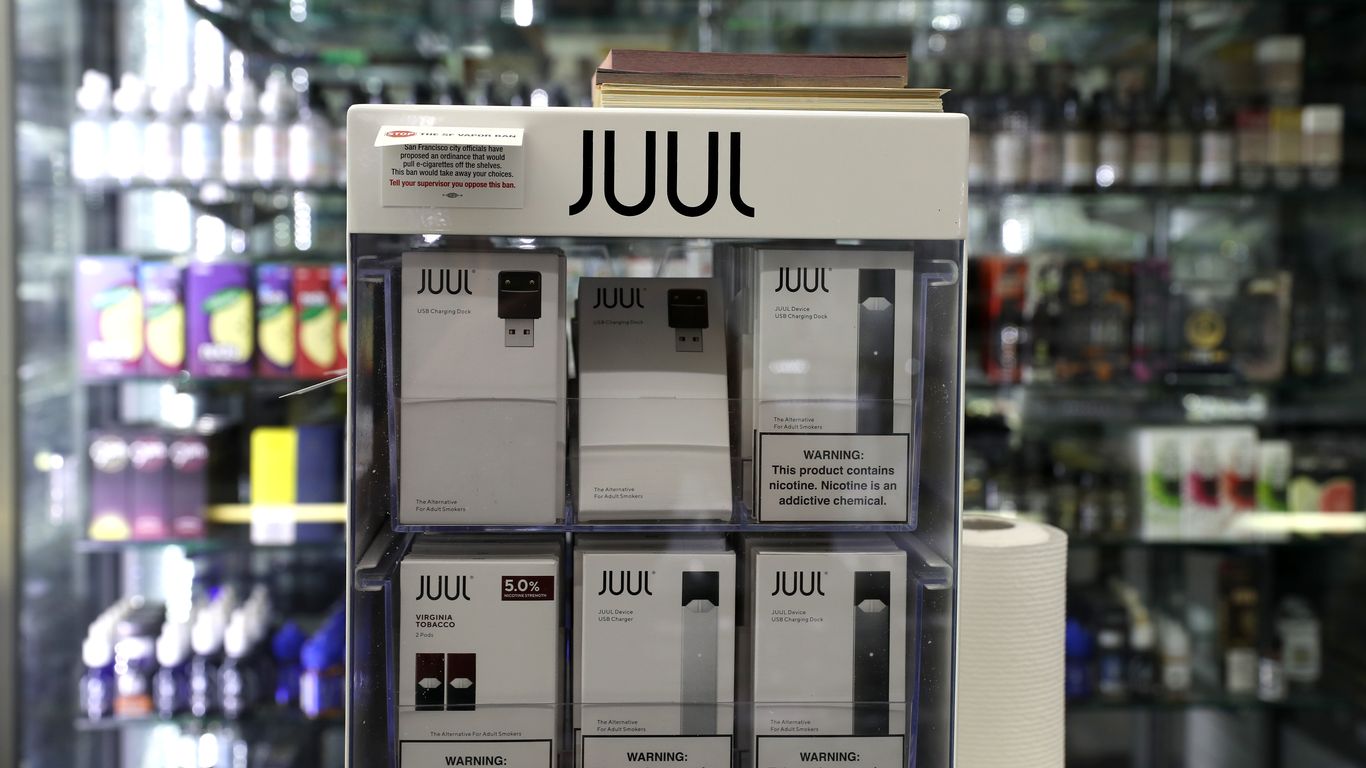Juul locaterterms of use – Juul LocatorTerms of Use: Understanding the legal framework governing a hypothetical website dedicated to locating Juul products requires a careful examination of user permissions, data privacy, and liability. This analysis delves into the key aspects of such terms, comparing them to those of similar e-commerce platforms dealing with age-restricted goods. We’ll explore the potential consequences of violating these terms, including legal ramifications for users providing false information or breaching data privacy policies.
The hypothetical Juul locator website, detailed in this analysis, features a user-friendly interface designed for efficient product searches. Its functionality hinges on robust data processing methods, ensuring accurate location information and product details. The terms of use, a crucial element, are designed to protect both users and the website operator, balancing user rights with the legal responsibilities of managing an online marketplace for age-restricted products.
Juul Locator Website: Functionality and Terms of Use
This article details the functionality of a hypothetical Juul locator website, focusing on its features, user interface, data processing, and search functionality. It also analyzes the associated Terms of Use, examining user permissions, data privacy, liability, and disclaimers. The analysis draws parallels with existing e-commerce websites selling age-restricted products.
Juul Locator Website Functionality
A hypothetical Juul locator website would provide a user-friendly platform for locating Juul products from various retailers. Its core features are designed to enhance user experience and ensure compliance with age restrictions.
User Interface Design and Search Functionality
The website’s user interface would be clean and intuitive. Navigation would be straightforward, with clear links to product categories, search functionality, and account management. The search function would allow users to locate Juul products by product name, location (using zip code or address), or retailer. Advanced filtering options, such as price range and availability, would refine search results.
Data Processing Methods for Locating Juul Products
The website would employ a robust database system to store information on Juul product locations and availability. Data would be sourced from retailer APIs or direct data feeds, ensuring up-to-date information. Real-time data synchronization would guarantee accuracy. The website would utilize algorithms to optimize search results based on user location and preferences.
Step-by-Step Guide to Finding a Juul Product
- Access the Juul locator website.
- Enter search criteria (product name, location, or retailer).
- Apply any desired filters (price, availability).
- Review search results displayed on a map and/or in a list format.
- Select a retailer and proceed to their website to purchase (if available).
Example Search Results, Juul locaterterms of use
| Product Name | Location | Price | Availability |
|---|---|---|---|
| Juul Starter Kit | 123 Main St, Anytown, CA | $39.99 | In Stock |
| Juul Pods (Mint) | 456 Oak Ave, Anytown, CA | $15.99 | Low Stock |
| Juul Device (Black) | 789 Pine Ln, Neighborville, CA | $44.99 | Out of Stock |
| Juul Pods (Mango) | 1011 Maple Dr, Neighborville, CA | $15.99 | In Stock |
Terms of Use Analysis: User Permissions and Data Privacy
The Terms of Use for a Juul locator website must clearly Artikel user permissions, data privacy policies, and liability limitations to ensure legal compliance and protect both users and the website owner.
User Permissions and Restrictions
Typical terms of use for age-restricted product websites would include restrictions on users under the legal smoking age. These websites often employ age verification mechanisms. Permissions would typically include the ability to search for products and view retailer information, but not necessarily to purchase directly through the locator website. E-commerce sites selling age-restricted products often use similar age verification methods, such as requiring a date of birth and potentially using third-party verification services.
Juul’s locater terms of use raise questions about data privacy, particularly concerning user location tracking. This raises parallels with the challenges faced by communities choosing alternative lifestyles, such as those documented in a recent article on off grid living black people , where maintaining privacy is paramount. Ultimately, understanding the implications of Juul’s terms of use is crucial for users concerned about their digital footprint.
Implications of Violating Terms of Use
Violating the terms of use, such as providing false information to bypass age restrictions, could lead to account suspension, legal action, and potential penalties. The consequences vary depending on the jurisdiction and the severity of the violation. Many e-commerce websites have similar policies, emphasizing the importance of truthful information and compliance with age restrictions.
Potential Consequences for Terms of Use Breaches
- Account suspension or termination.
- Legal action by the website owner.
- Fines or other penalties.
- Damage to personal reputation.
Data Privacy Policies
Data privacy policies would detail how user data is collected, used, and protected. The hypothetical Juul locator website would collect data such as search queries, IP addresses, and location data (if enabled by the user). This data would be used to improve search results and personalize the user experience. Robust security measures, such as encryption and secure data storage, would protect user information.
Example Privacy Policy Statement Regarding Location Data
“We may collect your location data to enhance your search experience by showing you nearby retailers selling Juul products. This data is collected only with your explicit consent and is stored securely. We do not share this data with third parties without your consent, except as required by law.”
Terms of Use Analysis: Liability and Disclaimer
The terms of use should include clear limitations of liability and disclaimers to protect the website owner from potential legal issues related to inaccurate product information or availability.
Limitations of Liability

Source: axios.com
Liability clauses would limit the website owner’s responsibility for inaccuracies in product information or retailer availability. This is standard practice for many online marketplaces, as they act as an informational platform rather than a direct seller.
Disclaimers Regarding Product Accuracy and Availability
Disclaimers would explicitly state that the website owner is not responsible for the accuracy of product information provided by retailers. They would also clarify that product availability is subject to change and that the website does not guarantee the availability of any particular product at a specific retailer.
Legal Responsibilities of the Website Owner
The website owner’s legal responsibility would primarily focus on ensuring the accuracy of information presented to the best of their ability and maintaining a user-friendly and compliant platform. They are not responsible for the actions or policies of individual retailers listed on the website.
Sample Disclaimer

Source: truthinadvertising.org
“The information provided on this website regarding Juul product availability and pricing is for informational purposes only and is subject to change without notice. We make no warranty or representation as to the accuracy of this information. We are not responsible for the actions or policies of third-party retailers.”
Illustrative Example: Website Screenshot Description: Juul Locaterterms Of Use
A hypothetical screenshot of the Juul locator website’s search results page would showcase a clean, modern design. The layout would prioritize user-friendliness and ease of navigation.
Screenshot Description
- Header: The header would contain the website logo and a prominent search bar with a location input field.
- Search Results: The main section would display search results, presented as a list of retailers with product availability, pricing, and distance from the user’s specified location.
- Map Integration: A map would be integrated to visually display retailer locations, allowing users to quickly identify nearby options.
- Filters: A sidebar would provide filters to refine search results based on price range, product type, and availability.
- Product Listings: Each product listing would include a thumbnail image, product name, price, availability status, and distance from the user’s location.
- User Flow: The visual hierarchy would guide users intuitively through the search process, from entering search criteria to viewing results and selecting a retailer.
Conclusion
Ultimately, the terms of use for a Juul locator website are a critical component ensuring responsible operation and user safety. This analysis highlights the complexities of balancing user access with legal compliance and data protection, emphasizing the importance of clear and comprehensive terms of use to mitigate potential risks and liabilities. The hypothetical model presented offers a framework for understanding the challenges involved in creating a secure and legally sound platform for locating age-restricted products online.
